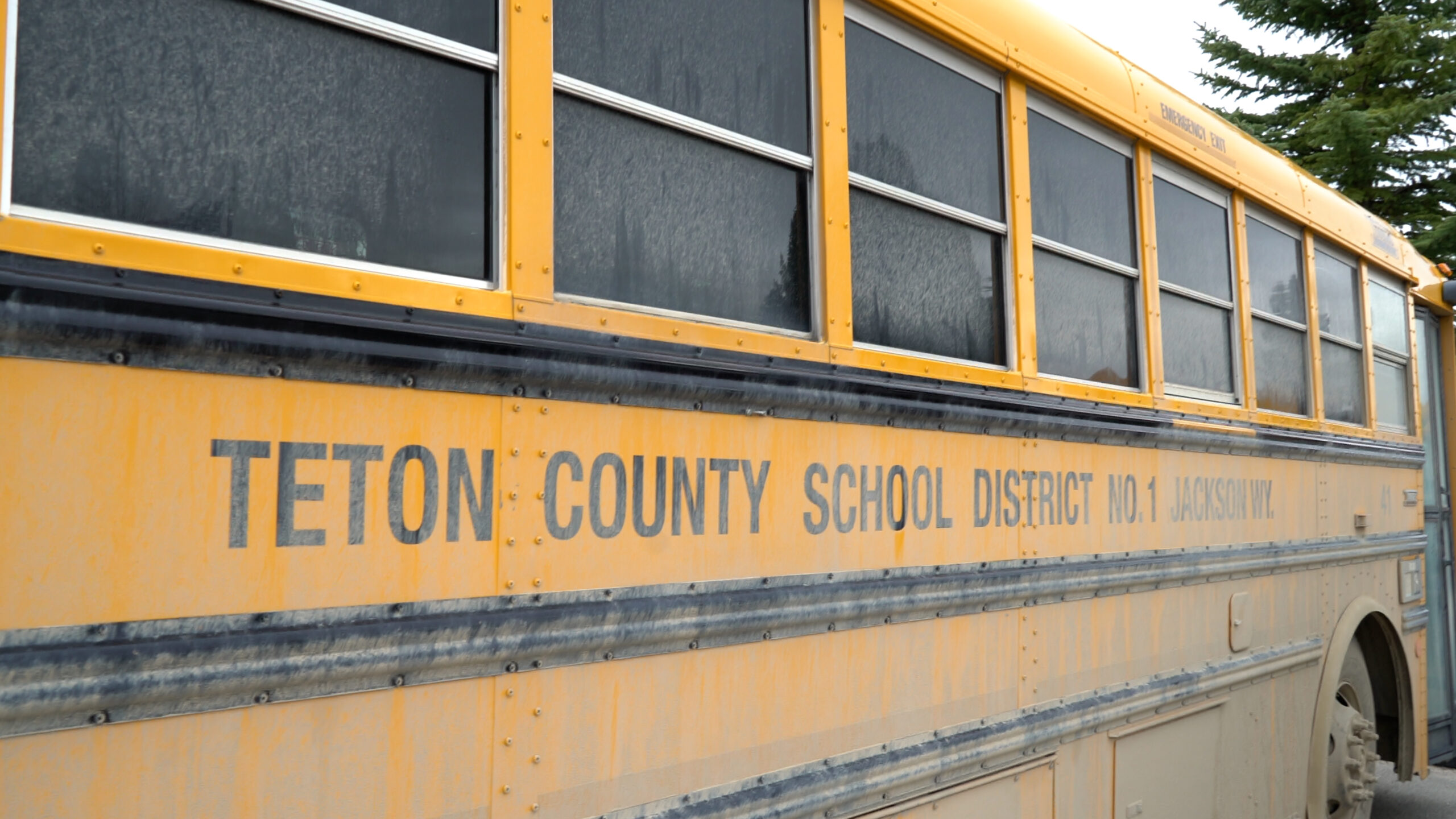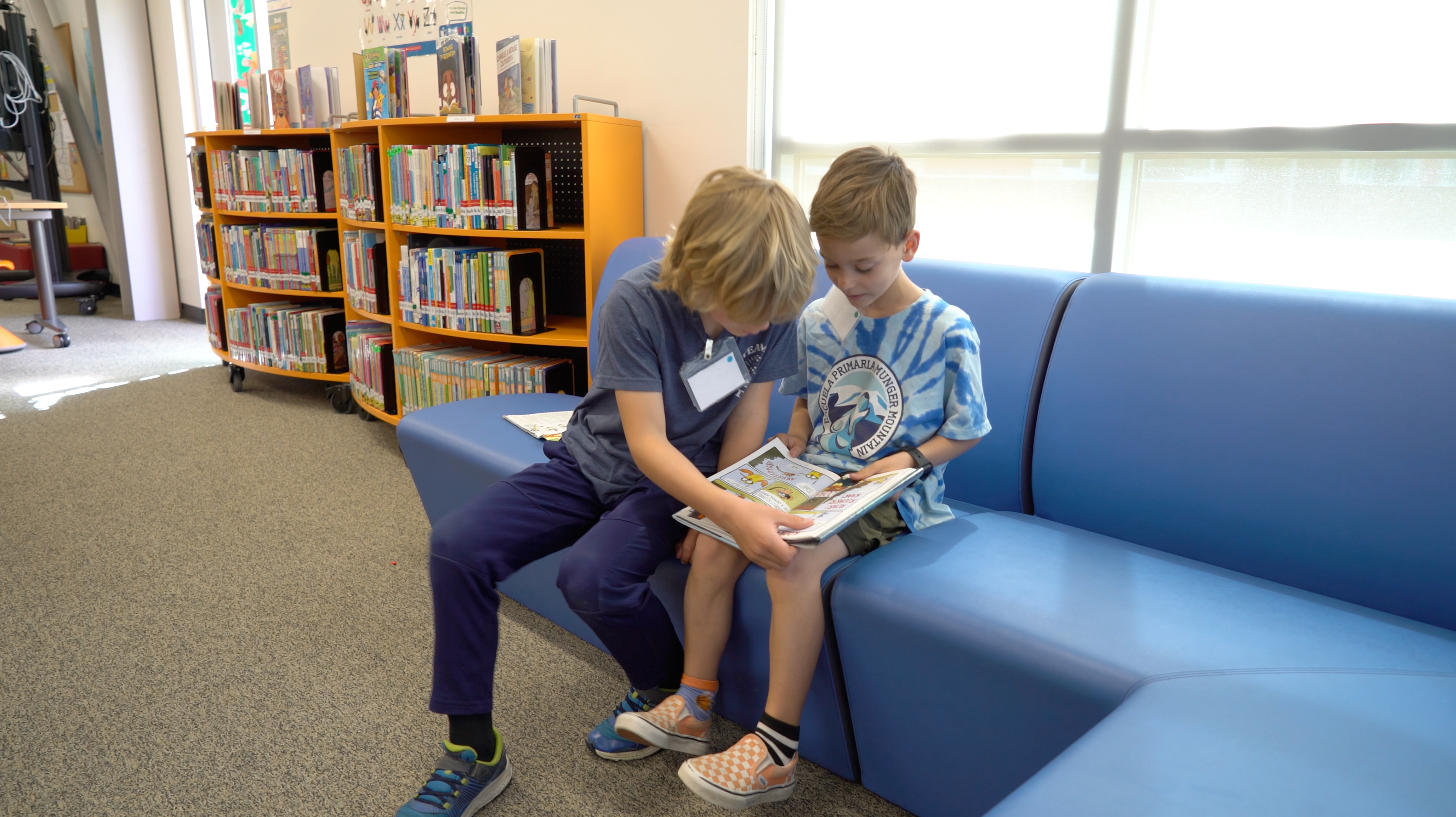Equity Leadership in Cumberland County, Teton, and San Diego
SWIFT partnered with Cumberland County Schools, North Carolina; Teton County School District, Wyoming; and San Diego Unified School District, California, to develop district capacity to implement Equity-based MTSS. The work was funded through a Supporting Effective Educator Development (SEED) grant through the Office of Elementary and Secondary Education, U.S. Department of Education.

Facts & Figures
students represented across the three districts
3
2-day professional learning sessions with district leadership teams from each district
100%
of principals in Teton participated in SWIFT programming
Project Description

Cumberland County Schools includes 89 schools, employs 3,430 teachers, and serves over 49,200 students. Teton is a rural school district that includes 10 schools, employs 250 teachers, and serves over 2,700 students. San Diego Unified School District includes 176 schools, employs 4,270 teachers, and serves around 98,000 students.
SWIFT facilitated three, two-day professional learning sessions for principals and school leadership teams from all three of these districts. As each district identified its priorities to build capacity for Equity-based MTSS, SWIFT provided differentiated job-embedded coaching to support implementation. SWIFT also provided external evaluation of MTSS in schools in each of these districts to provide baseline data and monitor growth.
Outcomes

Each district in this project identified different opportunities for growth in district-wide capacity for Equity-based MTSS. Cumberland County leaders engaged in professional learning, differentiated coaching, and internal and external evaluation of the efforts. In addition, SWIFT provided support to the district team to strengthen their capacity to support Equity-based MTSS implementation and sustainability.
Teton focused on building leadership capacity for MTSS and used the monthly coaching sessions with SWIFT to spur growth in the areas of Administrative Leadership and Inclusive Policy Structure and Practice for all schools during the project.
San Diego schools emphasized how a well-developed MTSS can influence behavioral and social-emotional development among students and how school leaders can enact restorative justice in schools. A SWIFT comparison study of two cohorts of schools in the district showed that students in the implementation schools saw lower suspension rates than those in the control group.
This work was funded by the US Department of Education, Elementary and Secondary Education, Supporting Effective Educator Development (SEED) program, Grant #U423A180029.
